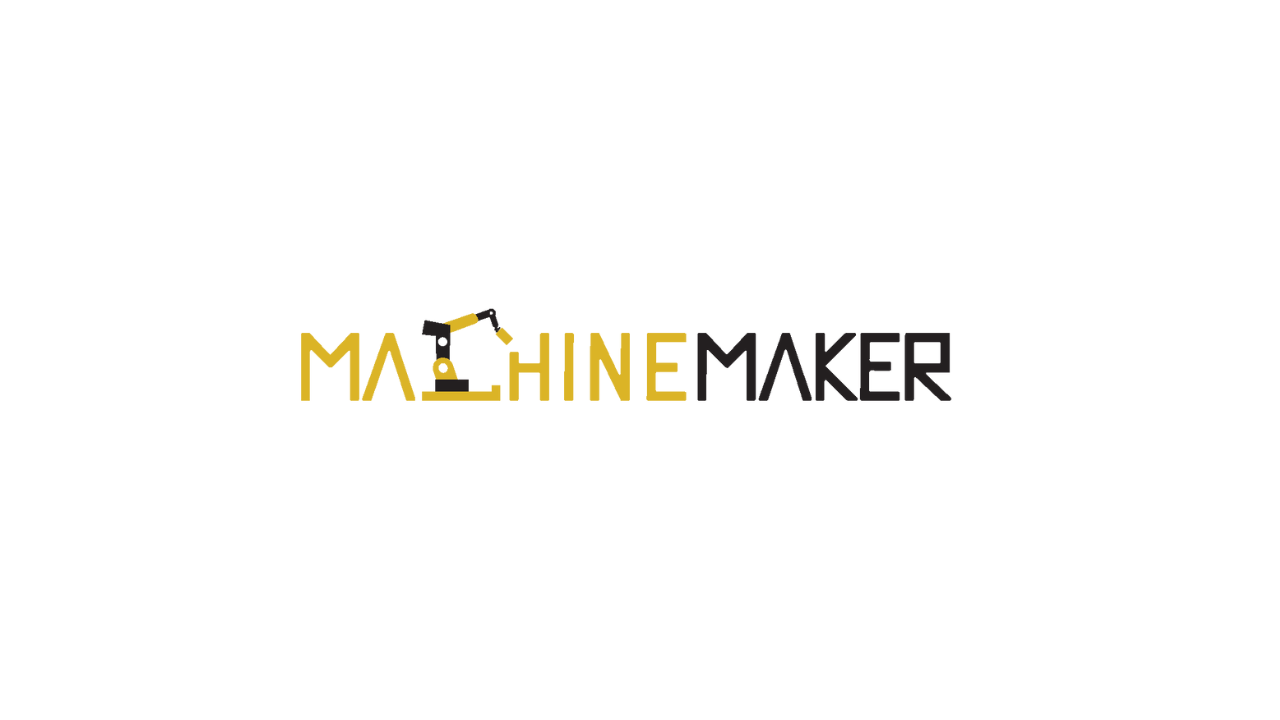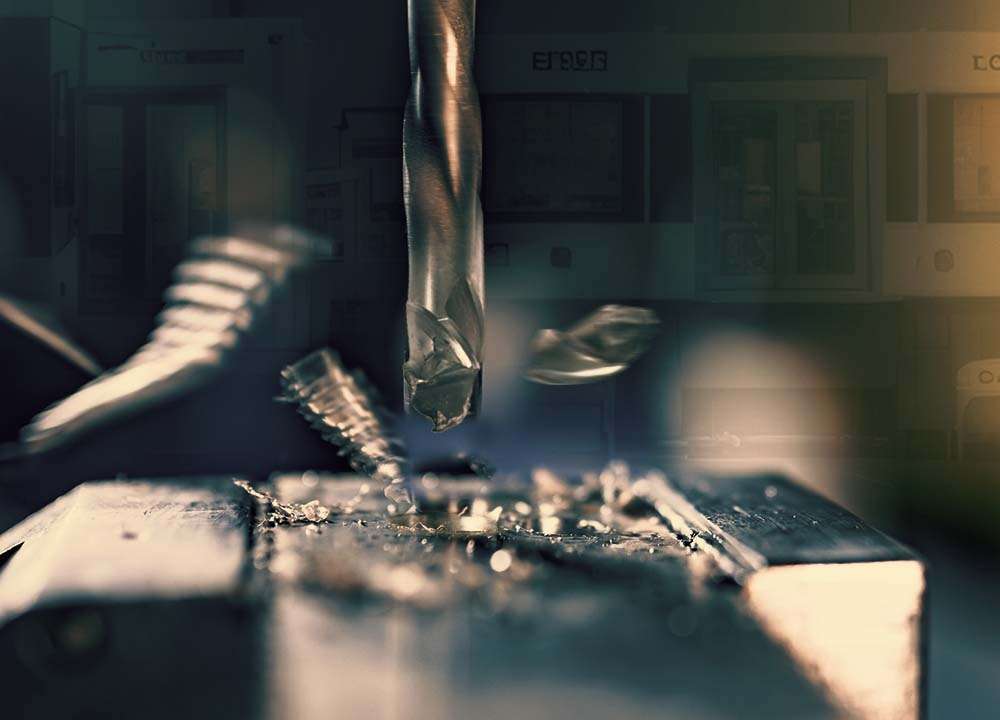Sandvik Coromant has developed a new solution for automotive manufacturers looking to reduce emissions and improve fuel efficiency through “lightweighting.” Their CoroMill® MF80 family of inserts is designed for milling heavy materials into weight-efficient components and has demonstrated a 60% increase in productivity over a competitor’s mill.
Automotive manufacturers are increasingly turning to “lightweighting” as a solution to reduce emissions and improve fuel efficiency. This involves building vehicles with less weight, but it’s not just a matter of choosing lighter materials like aluminum and magnesium. Designing weight-efficient and strong heavy materials like steel and cast iron presents machining and manufacturing challenges.
To address this, Sandvik Coromant has developed the CoroMill® MF80 family of inserts, which are designed for automotive milling applications in ISO-K and ISO-P materials. These inserts offer a 40% lighter cutter body, optimized micro-geometry, and eight cutting edges. Thus, making them ideal for thin-walled components and machine setups with limited stability. The CoroMill® MF80 has a near-90 degree angle, reducing axial forces and improving milling on thin-wall components and weak fixtures. In a performance test, the CoroMill® MF80 demonstrated a productivity increase of 60% over a competitor’s mill.
The International Council of Clean Transportation (ICCT) has found that reducing the mass of vehicles is an effective way to reduce emissions. McKinsey & Company’s “Lightweight, Heavy Impact” report supports this. It states that lightweight measures can reduce CO2 emissions by approximately 0.08 g per kilogram saved. If an OEM reduces a vehicle’s weight by 100 kg, it can save approximately 8.5 g of CO2 per 100 km. However, vehicle manufacturers still widely use heavy materials like cast iron and forged steel, so they have to design these materials to be weight-efficient. Shoulder milling is a preferred approach for removing large amounts of material quickly from a workpiece. However, it is essential to use the right angle to avoid unwanted offsets between the cutter and workpiece.

Sandvik Coromant’s CoroMill® MF80: Addressing Machining Challenges for Weight-Efficient Components
Sandvik Coromant developed the CoroMill® MF80 family of inserts to address the challenges of machining heavy materials into weight-efficient components. These inserts have eight cutting edges and optimized micro-geometry. This makes them ideal for machining thin-walled components and setups with limited stability. The CoroMill® MF80 offers a cutter body that is 40% lighter, which includes shim protection and a high number of inserts. This feature ensures secure and stable machining. This makes it suitable for use in vibration-prone overhang applications. With a near-90 degree angle, the CoroMill® MF80 reduces axial forces for improved milling on thin-wall components and weak fixtures. A performance test showed that the CoroMill® MF80 demonstrated a productivity increase of 60% over a competitor’s mill.
Designing weight-efficient components from heavy materials like cast iron and forged steel is addressed by CoroMill® MF80 family of inserts. Thus, making it a valuable option for automotive manufacturers. With optimized micro-geometry and eight cutting edges, these inserts are ideal for machining thin-walled components and setups with limited stability. The near-90 degree angle of the CoroMill® MF80 reduces axial forces and improves milling on thin-wall components and weak fixtures. This results in improved accuracy and machine utilization, as well as longer tool life with less scrap.







